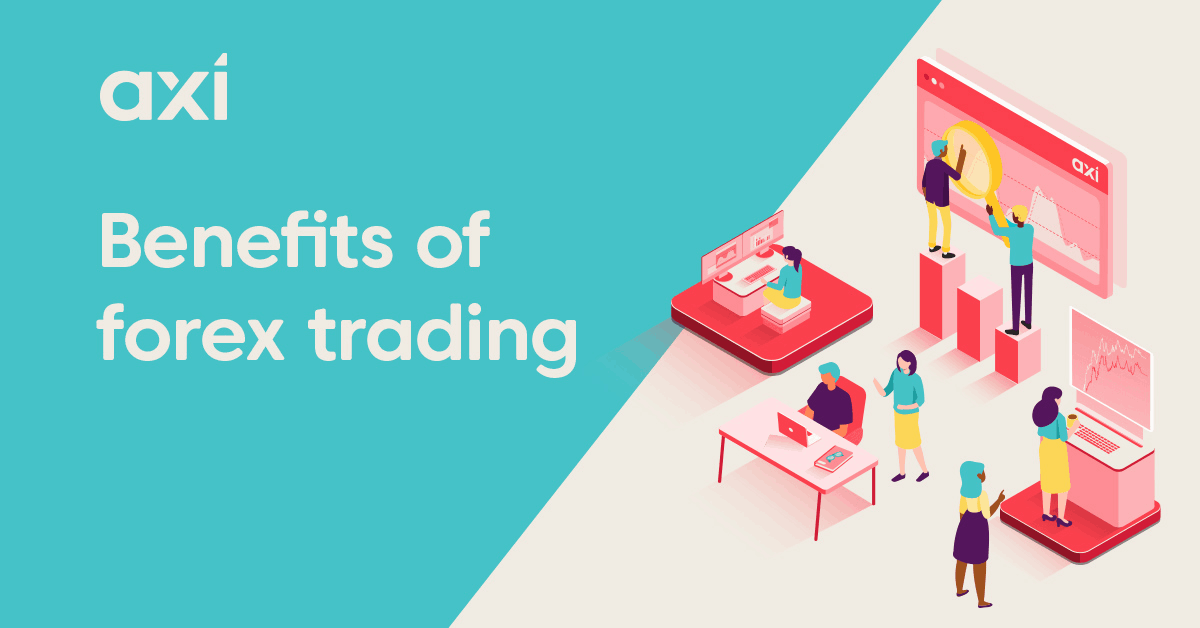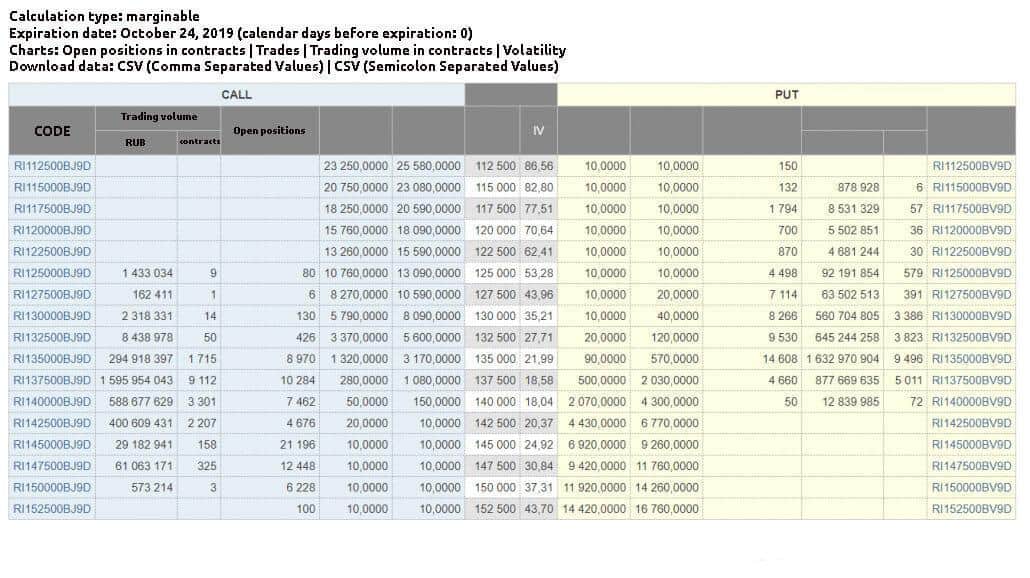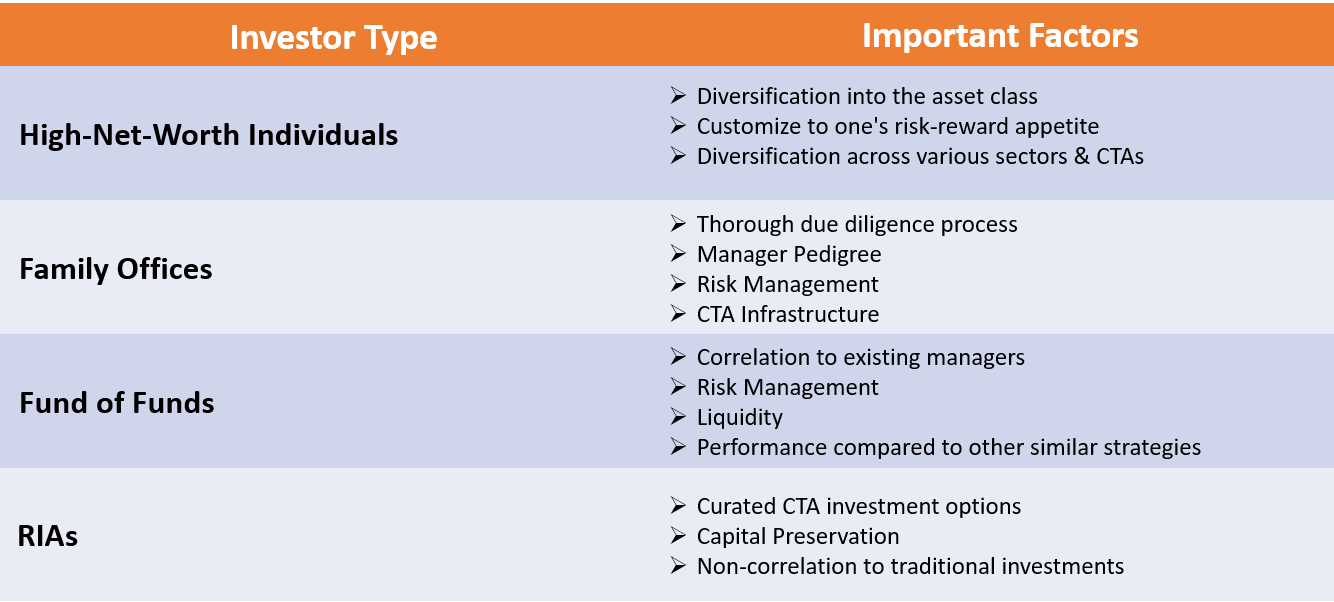
This article is for you if you are interested in investing in stock options of alternative energy companies. This article will cover the basics and differences between utility, renewable, and solar stocks. We'll also be discussing the importance and impact of the energy industry on the economy. Brookfield Renewable, a world-leading producer of renewable energy, is an option for investors. Its power is sold under long-term power purchase agreements. Exelon (Chevron), Avista, and Avista are all examples of energy securities.
Investing In Stock Alternative Energy Companies
There are many options available to you if you are interested in investing in stock of alternative energy companies. These stocks have many appealing features, including a low price/earnings, which means that you pay less for every dollar earned. These companies produce products that increase the efficiency of wind turbines and solar panels. Some of these companies make millions of dollars. Others are working on their own energy grids.
Stocks of renewable energy companies have a strong track record of creating value, financial strength, as well as high-growth potential. These attributes should help investors realize outsized total returns in the years ahead. We have interviewed experts in the field of investing, including Professor Priya Patri of the University of Chicago Booth School of Business. She shared her thoughts on how to make smart investment in alternative energy stock. We recommend these companies to invest in alternative energy stocks:

Investing with renewable energy stocks
A great way to support the green revolution is to invest in renewable energy stocks. It also creates a portfolio with a green outlook. The global economy rapidly shifts away fossil fuels to more sustainable and renewable energy sources. In the next 30 years, this transition will require an estimated $100 trillion in investment. Renewable energy will play an important role in this transition. Listed below are some of the renewable energy stocks to consider investing in.
One of the hottest renewable energy stocks today is Plug Power, which leads the hydrogen fuel cell market with $162 million in Q4 2021. It has ambitious expansion plans that include reaching $1.2B per year in sales and $200 million in operating revenue by 2024. Its stock value is at $25 right now, having risen by over 50% in the past two years. Solaredge Technologies is another green energy stock worth considering. It develops advanced solar panels.
Investing to invest in utility stocks
Utility stocks have been a staple in institutional and individual portfolios over the years. These companies provide an essential service for millions of people. These companies often hold monopolistic characteristics, and, depending on where you live, there may only be one company that offers you a service. This means that these stocks offer a relatively consistent cash flow. They are an excellent way to diversify your portfolio, and protect yourself against inflation.
Utility stocks offer huge dividend potential when looking for stocks to buy. Utility companies are a great choice for consumers who need basic services like electricity, water, natural gasses and dams. In fact, the need for these services is expected to continue to rise as long as there is a human population. Utilities provide income infrastructure. Although utility companies' growth rates may slow, they will still grow.

Investing In Solar Energy Stocks
Solar energy stocks offer a viable investment opportunity with minimal risk and great financial returns. But, it is important to research all investment options before investing in solar energy stocks. Here are some benefits and cons of solar stocks. You should review the past performance of these companies before investing.
First, look for a company with global reach. Solar companies should be active in a wide range of countries and should not be reliant on one country. When looking at the company's financial reports, determine whether it has the potential for rapid growth in the future and how risky it is. Companies that have been around a while are a better choice for beginners. If a company has a loyal customer base, it should be able to provide a high return over the long-term.
FAQ
How are shares prices determined?
Investors set the share price because they want to earn a return on their investment. They want to make a profit from the company. They buy shares at a fixed price. Investors will earn more if the share prices rise. Investors lose money if the share price drops.
The main aim of an investor is to make as much money as possible. This is why investors invest in businesses. It allows them to make a lot.
What's the difference among marketable and unmarketable securities, exactly?
The differences between non-marketable and marketable securities include lower liquidity, trading volumes, higher transaction costs, and lower trading volume. Marketable securities can be traded on exchanges. They have more liquidity and trade volume. They also offer better price discovery mechanisms as they trade at all times. However, there are some exceptions to the rule. There are exceptions to this rule, such as mutual funds that are only available for institutional investors and do not trade on public exchanges.
Marketable securities are less risky than those that are not marketable. They generally have lower yields, and require greater initial capital deposits. Marketable securities are generally safer and easier to deal with than non-marketable ones.
For example, a bond issued by a large corporation has a much higher chance of repaying than a bond issued by a small business. This is because the former may have a strong balance sheet, while the latter might not.
Because they are able to earn greater portfolio returns, investment firms prefer to hold marketable security.
How are securities traded?
The stock exchange is a place where investors can buy shares of companies in return for money. In order to raise capital, companies will issue shares. Investors then purchase them. Investors can then sell these shares back at the company if they feel the company is worth something.
Supply and demand are the main factors that determine the price of stocks on an open market. The price goes up when there are fewer sellers than buyers. Prices fall when there are many buyers.
There are two options for trading stocks.
-
Directly from the company
-
Through a broker
Are bonds tradeable
Yes, they do! As shares, bonds can also be traded on exchanges. They have been for many, many years.
You cannot purchase a bond directly through an issuer. They can only be bought through a broker.
Because there are fewer intermediaries involved, it makes buying bonds much simpler. You will need to find someone to purchase your bond if you wish to sell it.
There are several types of bonds. There are many types of bonds. Some pay regular interest while others don't.
Some pay quarterly interest, while others pay annual interest. These differences make it easy for bonds to be compared.
Bonds can be very useful for investing your money. In other words, PS10,000 could be invested in a savings account to earn 0.75% annually. If you were to invest the same amount in a 10-year Government Bond, you would get 12.5% interest every year.
If all of these investments were accumulated into a portfolio then the total return over ten year would be higher with the bond investment.
Statistics
- US resident who opens a new IBKR Pro individual or joint account receives a 0.25% rate reduction on margin loans. (nerdwallet.com)
- The S&P 500 has grown about 10.5% per year since its establishment in the 1920s. (investopedia.com)
- "If all of your money's in one stock, you could potentially lose 50% of it overnight," Moore says. (nerdwallet.com)
- For instance, an individual or entity that owns 100,000 shares of a company with one million outstanding shares would have a 10% ownership stake. (investopedia.com)
External Links
How To
How to open and manage a trading account
To open a brokerage bank account, the first step is to register. There are many brokers on the market, all offering different services. There are some that charge fees, while others don't. Etrade (TD Ameritrade), Fidelity Schwab, Scottrade and Interactive Brokers are the most popular brokerages.
After opening your account, decide the type you want. Choose one of the following options:
-
Individual Retirement Accounts (IRAs)
-
Roth Individual Retirement Accounts
-
401(k)s
-
403(b)s
-
SIMPLE IRAs
-
SEP IRAs
-
SIMPLE 401K
Each option has its own benefits. IRA accounts are more complicated than other options, but have more tax benefits. Roth IRAs permit investors to deduct contributions out of their taxable income. However these funds cannot be used for withdrawals. SEP IRAs are similar to SIMPLE IRAs, except they can also be funded with employer matching dollars. SIMPLE IRAs can be set up in minutes. They allow employees to contribute pre-tax dollars and receive matching contributions from employers.
The final step is to decide how much money you wish to invest. This is called your initial deposit. Most brokers will give you a range of deposits based on your desired return. You might receive $5,000-$10,000 depending upon your return rate. The lower end of the range represents a prudent approach, while those at the top represent a more risky approach.
After you've decided which type of account you want you will need to choose how much money to invest. Each broker will require you to invest minimum amounts. These minimum amounts vary from broker-to-broker, so be sure to verify with each broker.
After choosing the type account that suits your needs and the amount you are willing to invest, you can choose a broker. You should look at the following factors before selecting a broker:
-
Fees - Be sure to understand and be reasonable with the fees. Brokers will often offer rebates or free trades to cover up fees. However, some brokers raise their fees after you place your first order. Don't fall for brokers that try to make you pay more fees.
-
Customer service - Look for customer service representatives who are knowledgeable about their products and can quickly answer questions.
-
Security - Select a broker with multi-signature technology for two-factor authentication.
-
Mobile apps – Check to see if the broker provides mobile apps that enable you to access your portfolio wherever you are using your smartphone.
-
Social media presence. Find out whether the broker has a strong social media presence. If they don't, then it might be time to move on.
-
Technology - Does the broker use cutting-edge technology? Is it easy to use the trading platform? Are there any glitches when using the system?
Once you have selected a broker to work with, you need an account. Some brokers offer free trials. Other brokers charge a small fee for you to get started. Once you sign up, confirm your email address, telephone number, and password. Then, you'll be asked to provide personal information such as your name, date of birth, and social security number. Finally, you'll have to verify your identity by providing proof of identification.
Once verified, your new brokerage firm will begin sending you emails. These emails will contain important information about the account. It is crucial that you read them carefully. You'll find information about which assets you can purchase and sell, as well as the types of transactions and fees. Track any special promotions your broker sends. These may include contests or referral bonuses.
Next, open an online account. Opening an account online is normally done via a third-party website, such as TradeStation. Both of these websites are great for beginners. When you open an account, you will usually need to provide your full address, telephone number, email address, as well as other information. After all this information is submitted, an activation code will be sent to you. This code is used to log into your account and complete this process.
Now that you have an account, you can begin investing.